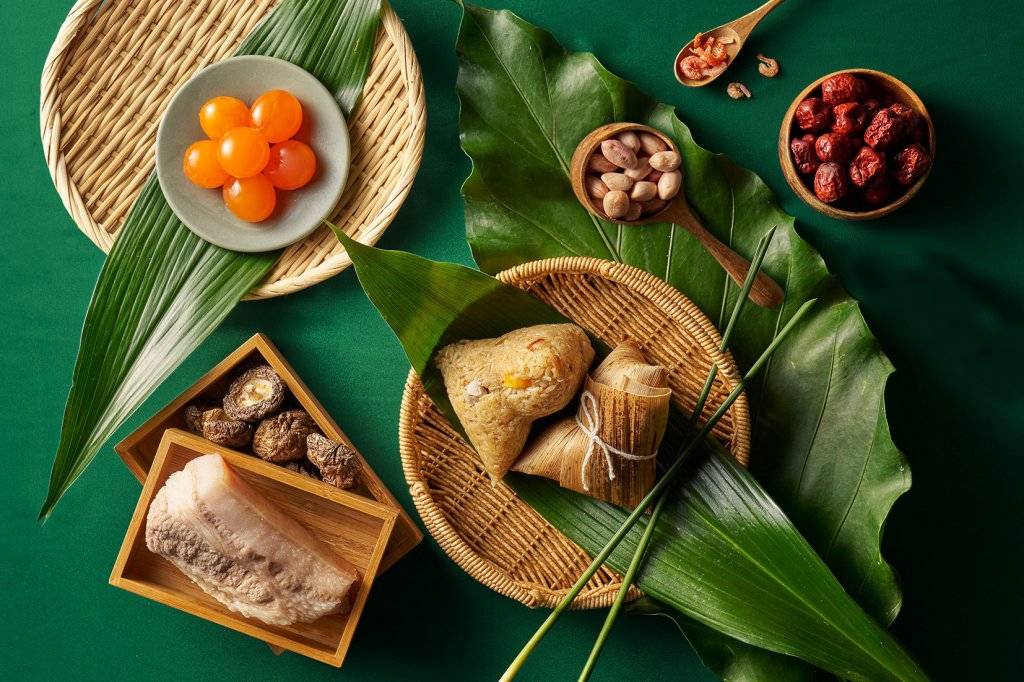Share the Dragon Boat Festival!
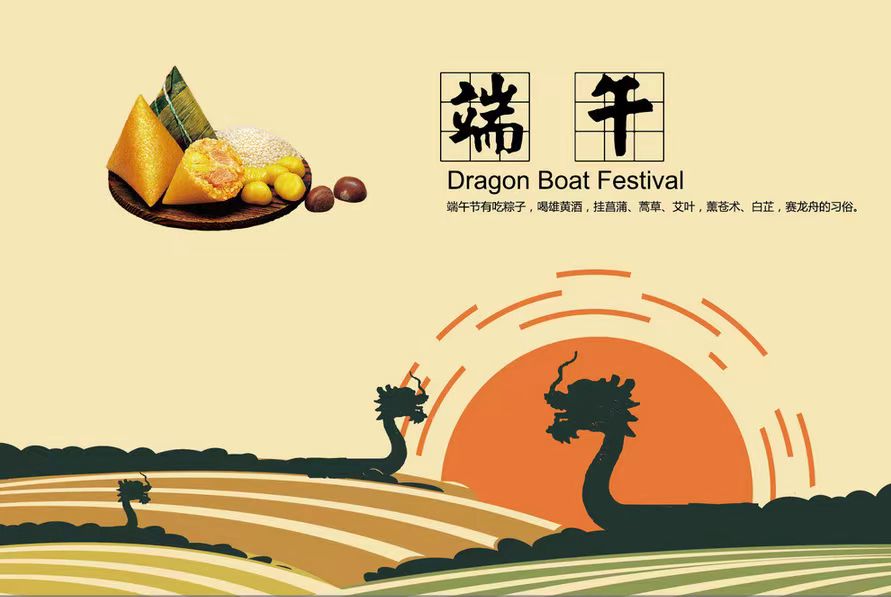
The Dragon Boat Festival is a traditional Chinese cultural festival. It falls on the fifth day of the fifth lunar month every year. This year's Dragon Boat Festival is on June 10th, with a three-day holiday (June 8-June 10).
The Dragon Boat Festival is one of the four major traditional festivals in China. In September 2009, UNESCO officially approved its inclusion in the Representative List of the Intangible Cultural Heritage of Humanity, making the Dragon Boat Festival the first Chinese festival to be included in the World Intangible Cultural Heritage.

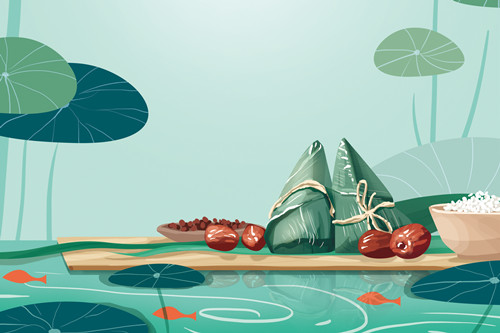
As a traditional festival, the Dragon Boat Festival holds some interesting activities every year. The main customs of the Dragon Boat Festival include dragon boat racing, hanging wormwood and calamus, eating rice dumplings, etc.
Dragon Boat Racing
The ancient Yue people used the dragon as a totem, and held a grand totem festival on the Dragon Boat Festival every year. Among them, there was a dragon boat racing game similar to today's, which is the origin of the dragon boat racing custom. Rowing a dragon boat is an important activity of the Dragon Boat Festival, and it is a festival ritual for the ancient dragon totem sacrifice.
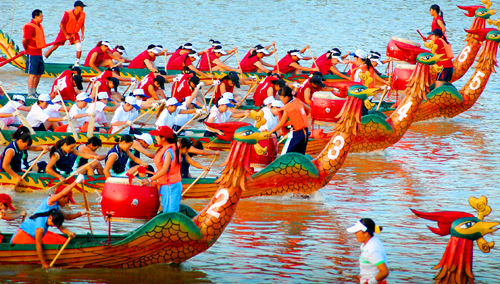
Hanging wormwood and calamus
The Dragon Boat Festival has a long history of arranging various flowers and plants that can drive away evil spirits and diseases. People consider inserting mugwort and calamus as one of the important contents of the Dragon Boat Festival. This is because mugwort is an important medicinal plant, and it can be made into moxa to treat diseases, moxibustion acupoints, and repel insects.
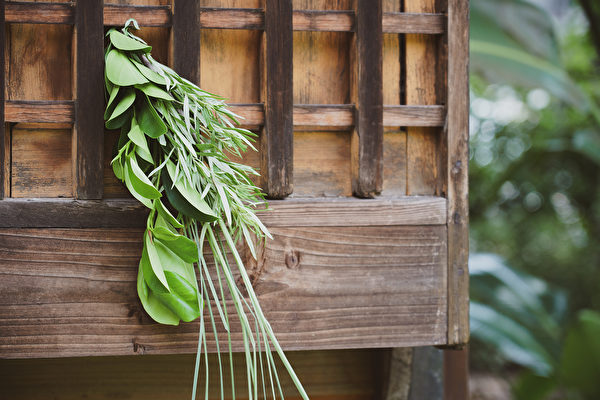
Eating Zongzi
Zongzi, the main ingredients are glutinous rice and fillings, wrapped in bamboo leaves (or holly leaves), and have various shapes, such as pointed corners and squares. The custom of eating Zongzi during the Dragon Boat Festival has been popular in China for thousands of years and has become one of the most influential and widely covered folk food customs of the Chinese nation, and has spread to Korea, Japan and Southeast Asian countries.
